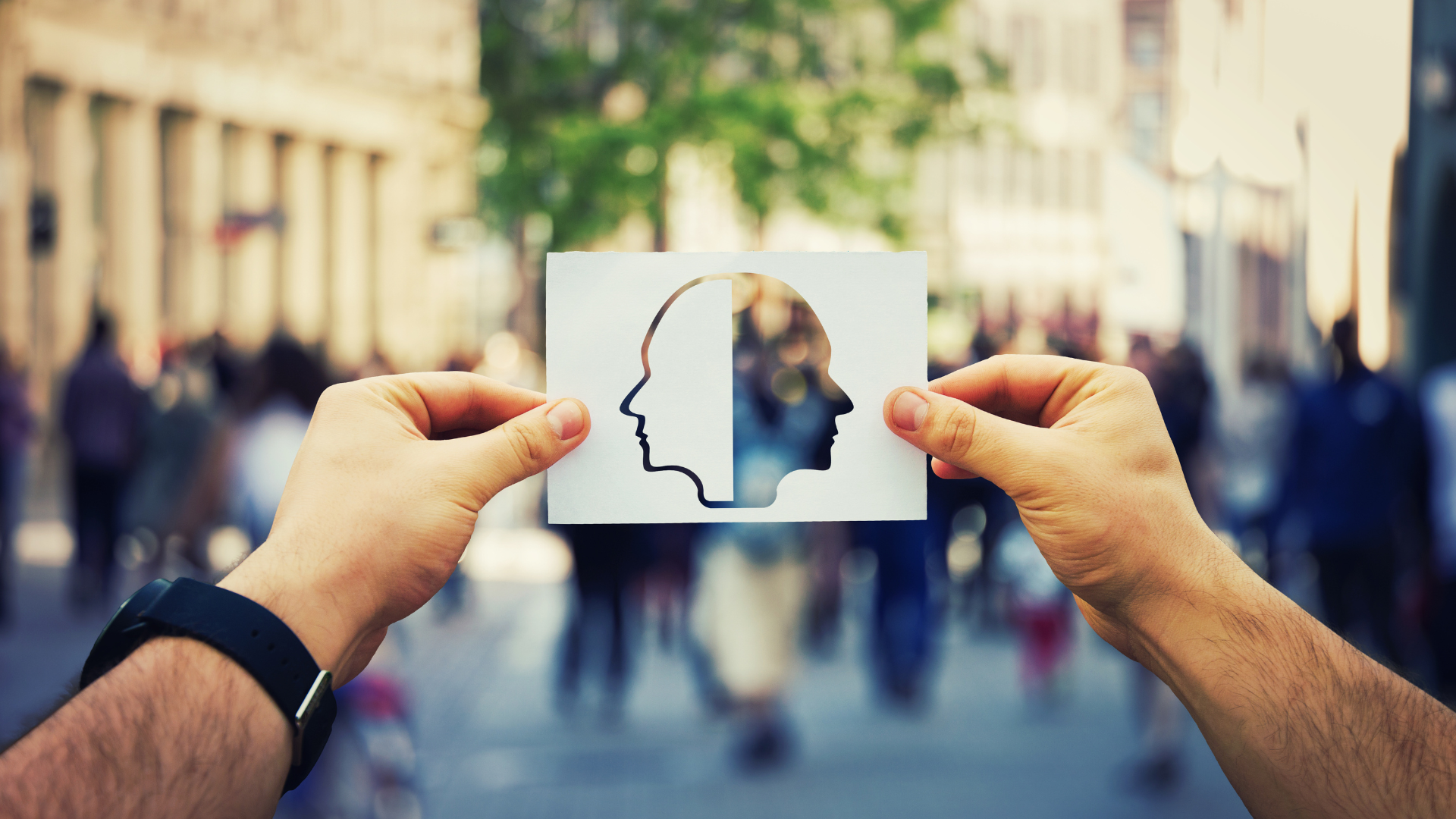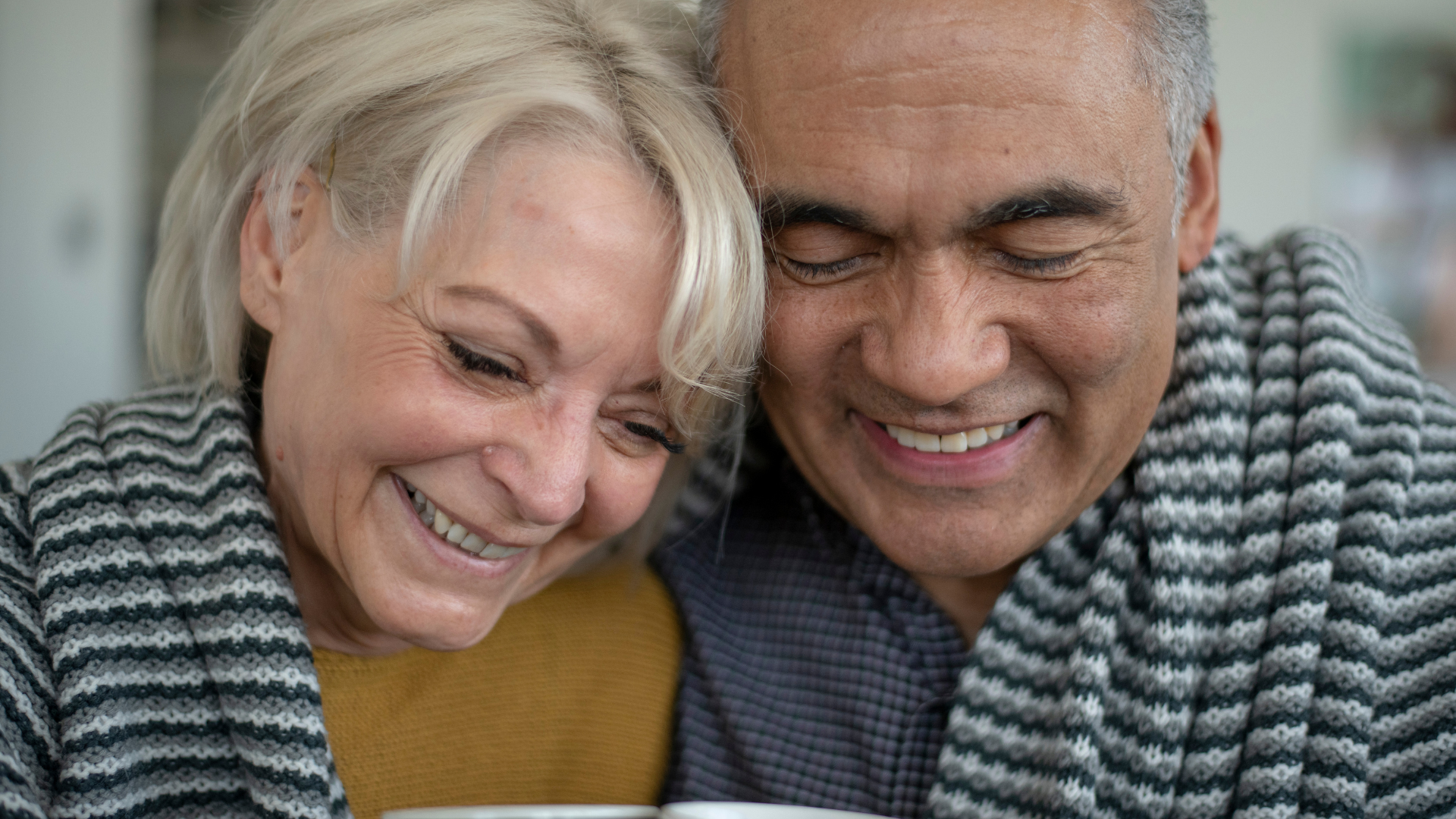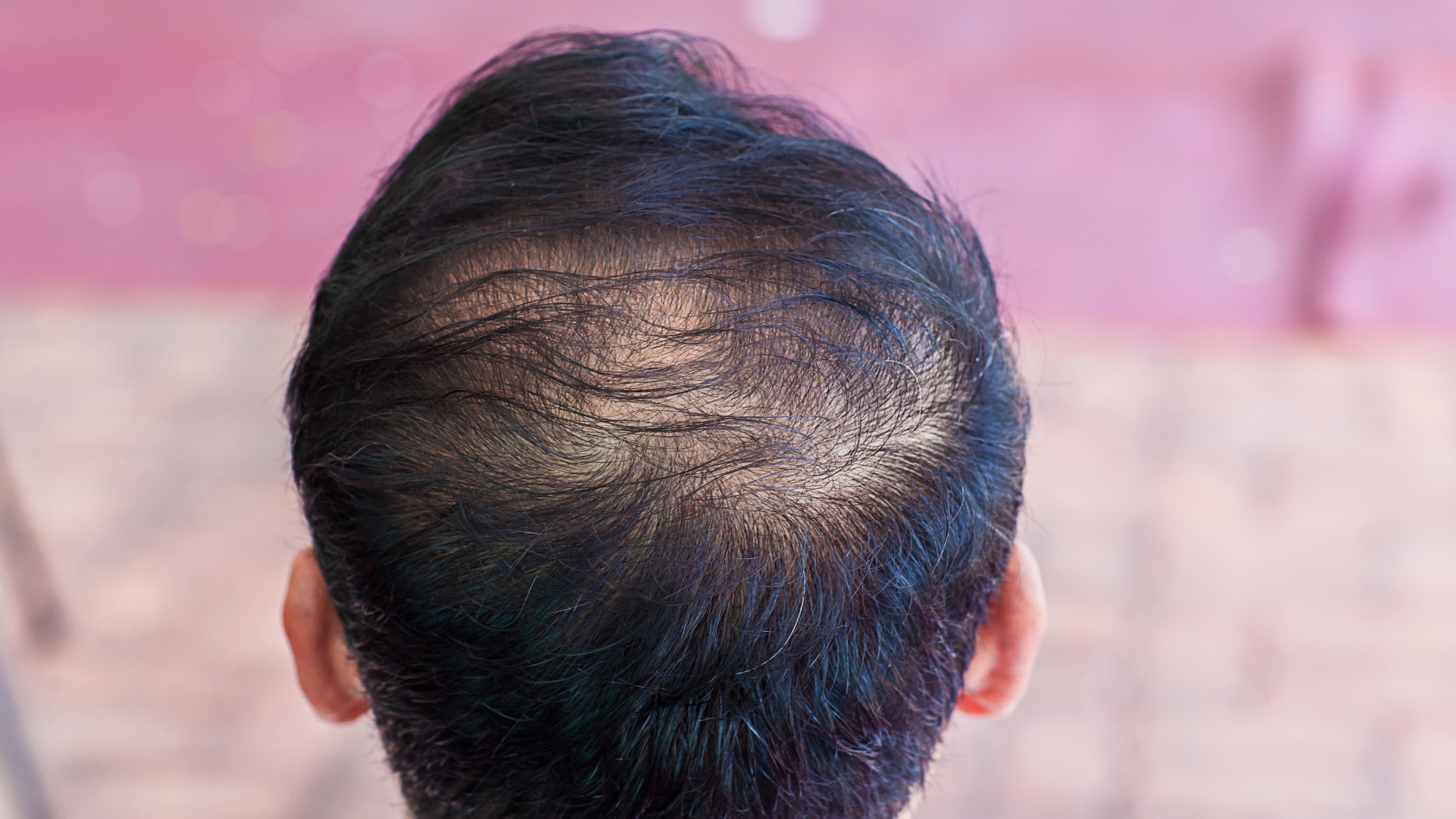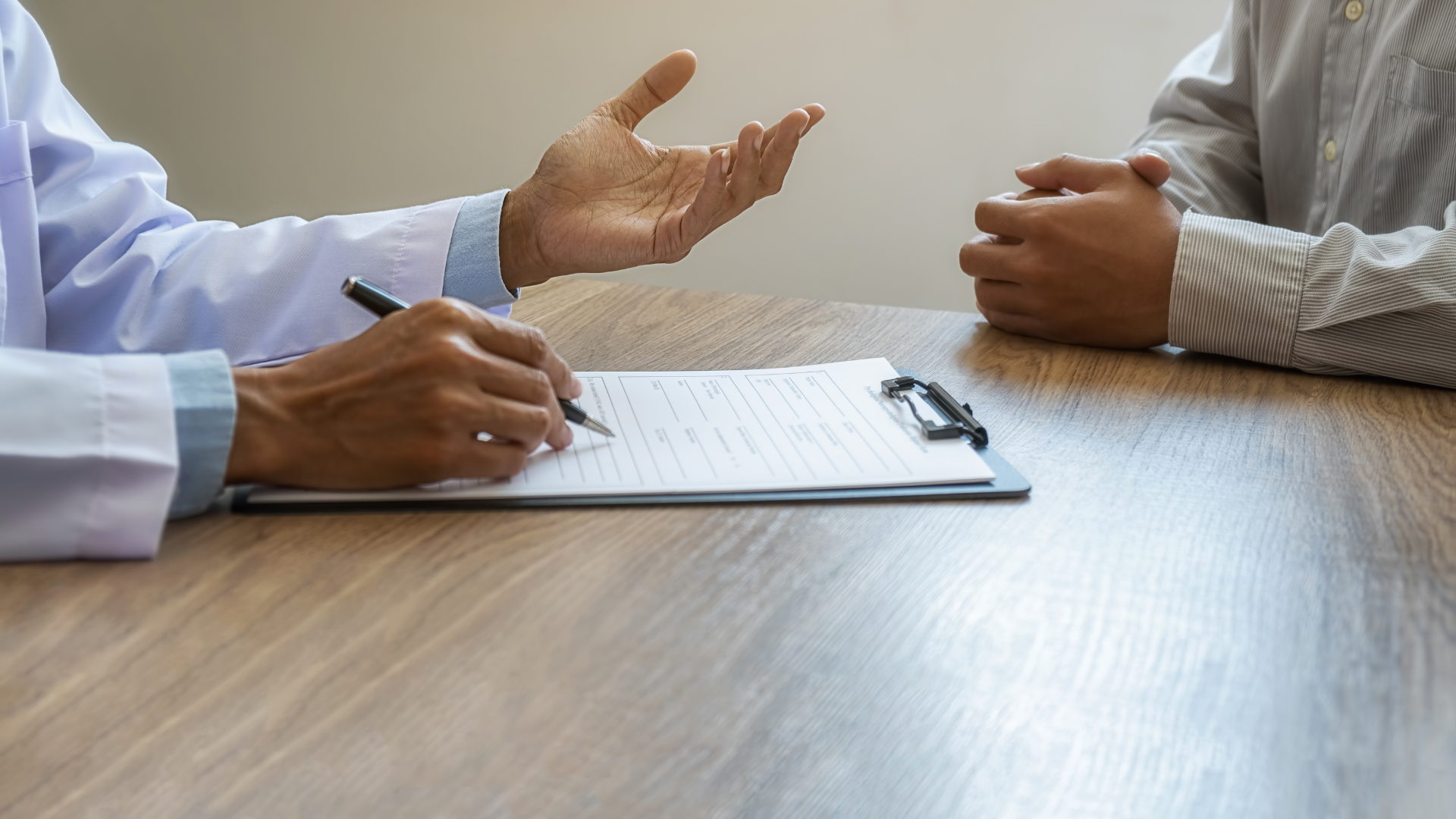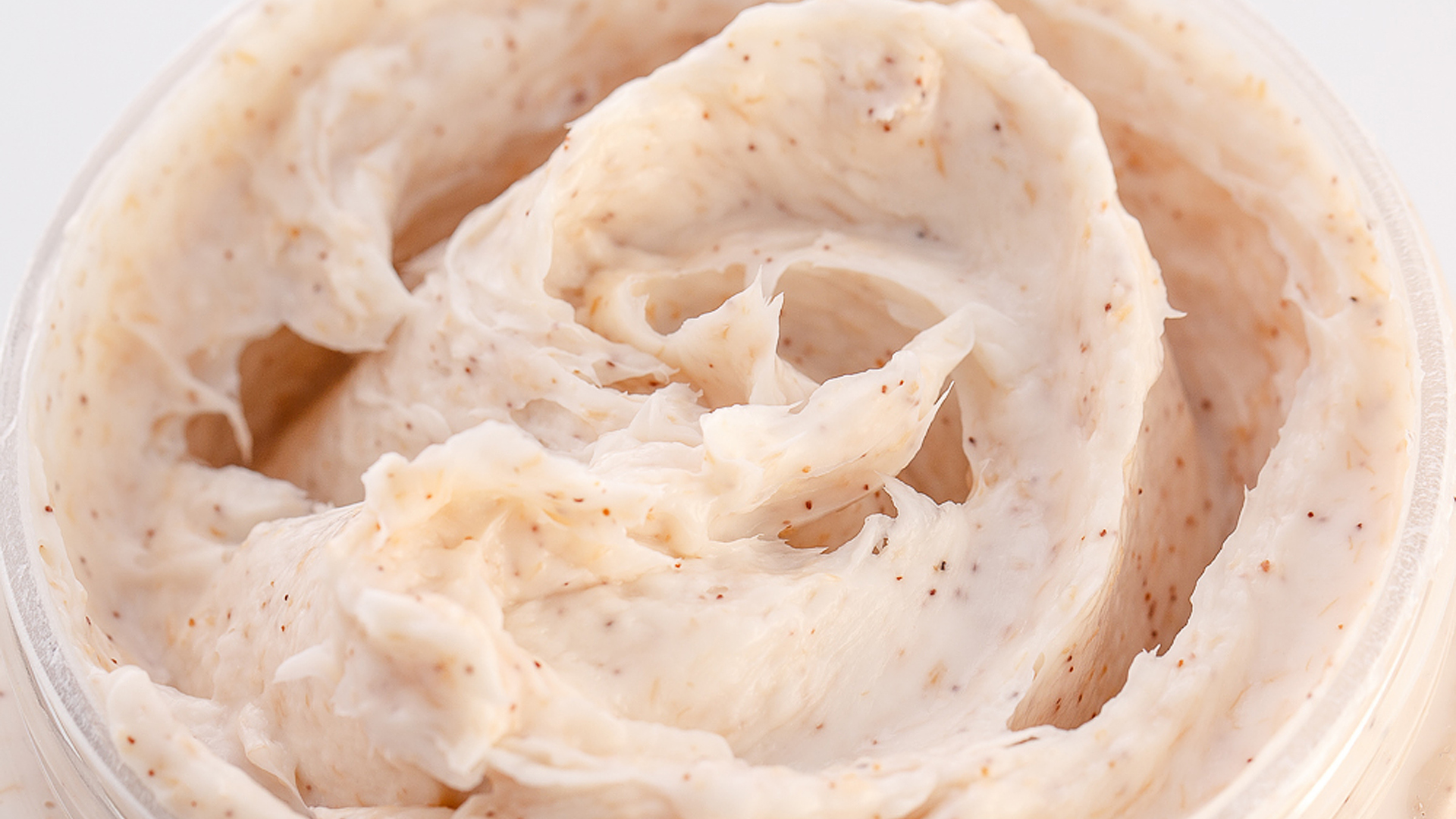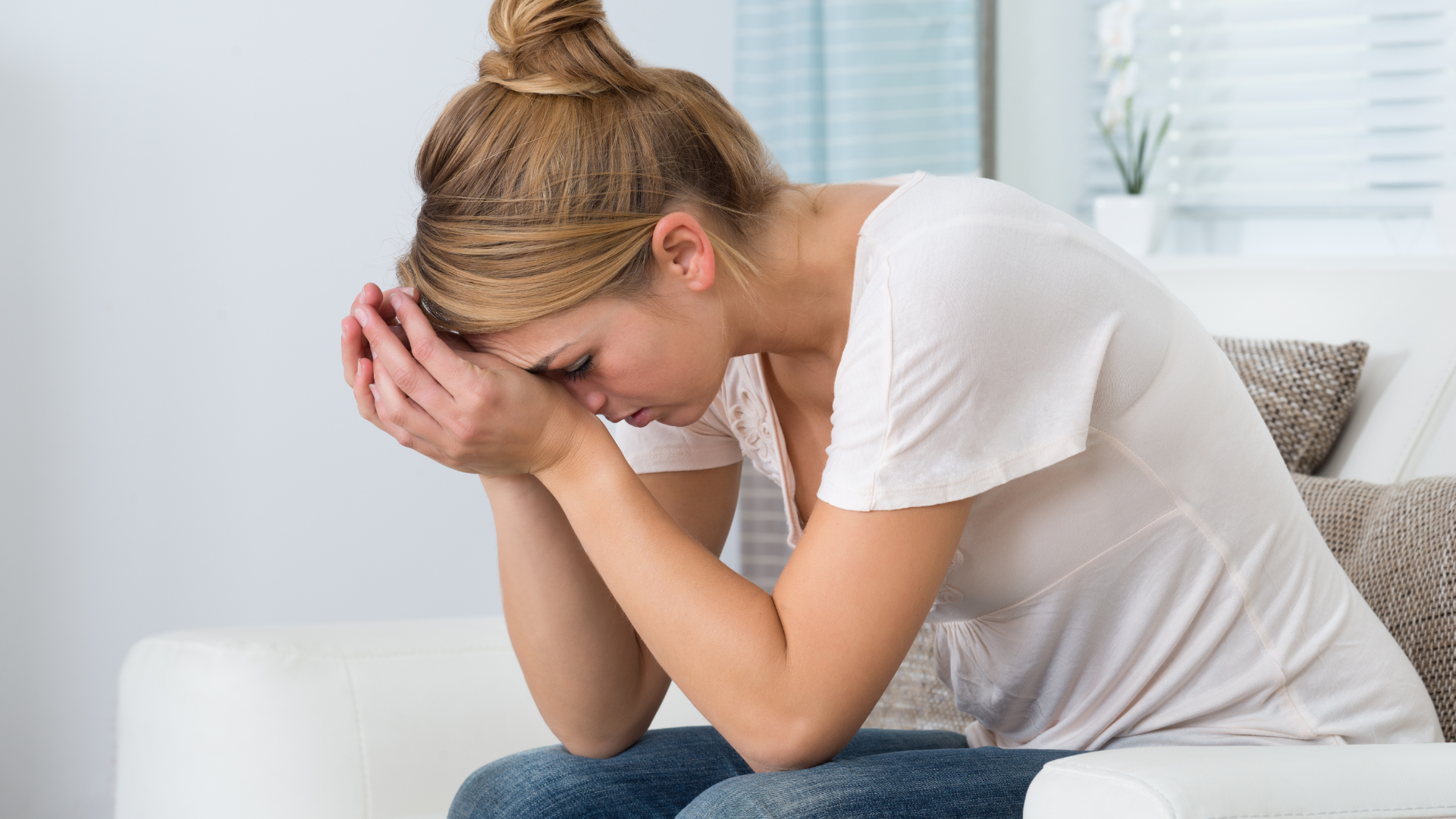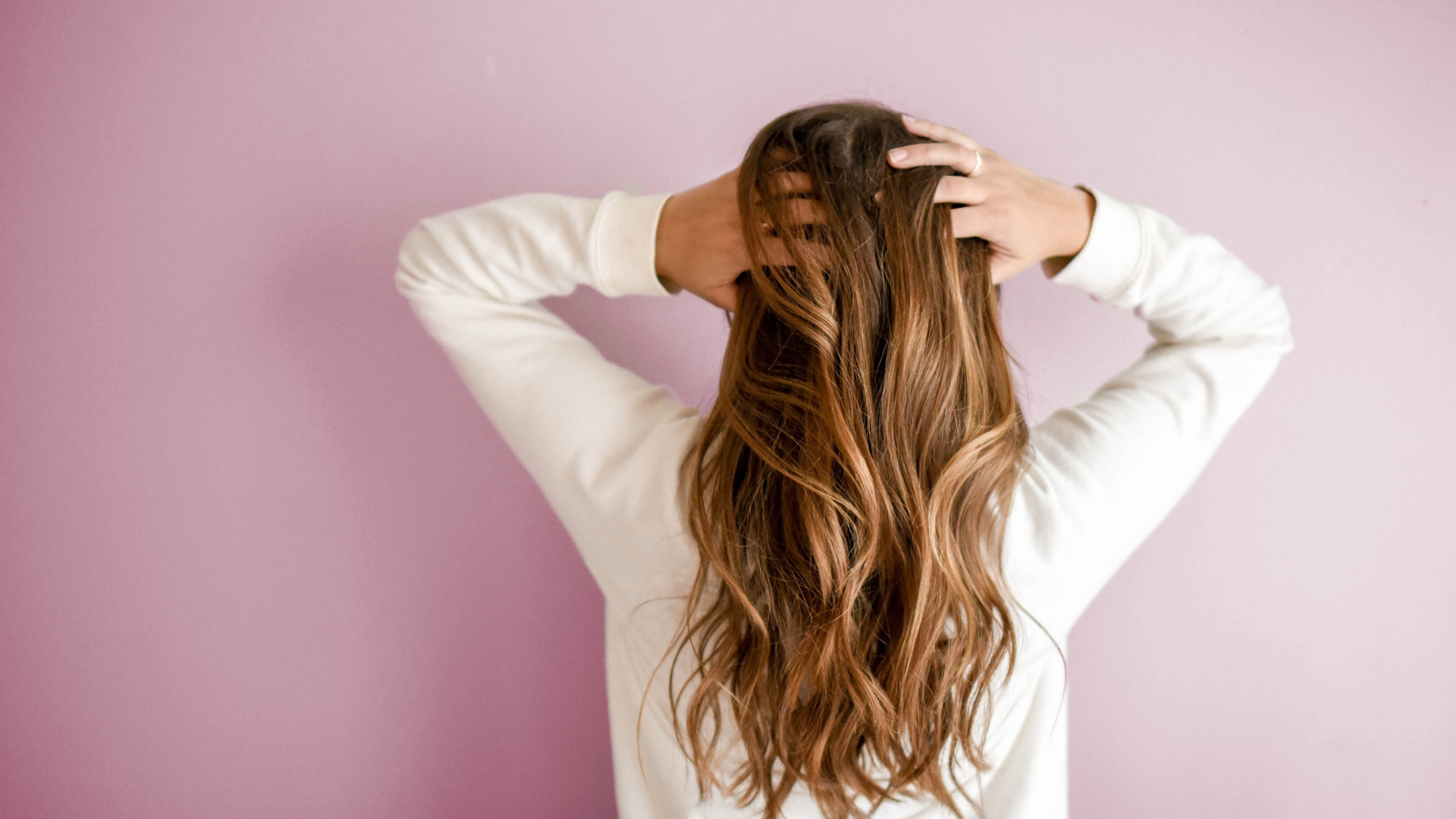Schizophrenia: What You Need To Know
Schizophrenia is a mental disorder that affects millions of people around the world. It’s a brain disease that causes problems with thinking, feeling, and behaving. It can be very serious, and you need to know all about it if you’re ever going to help someone with the condition.
In this blog post, we’ll go over everything you need to know about schizophrenia.
What is Schizophrenia?
A severe illness called schizophrenia can have an effect on how someone acts, thinks, and feels. These patients may appear to have lost all sense of reality, which causes them, their loved ones, and friends great grief. It affects people of all ages, but is most common in adults aged 25 to 44. It is a serious illness that requires treatment.
People may also have trouble staying focused and working correctly. It can sometimes lead to violent behavior or spells of not being able to control your thoughts or actions.
A person is typically diagnosed with schizophrenia after their first episode of psychosis. Someone’s mind is impacted during a psychotic episode, making it difficult for them to see or comprehend reality. Hallucinations, delusions, and abnormal thoughts or speech are all possible symptoms of psychosis. The first time a psychotic episode occurs can be terrifying and perplexing for the person.
The History of Schizophrenia
This disorder was first documented in the late 16th century by Hippocrates, the father of medicine. He described the condition as a “disease of reason”, meaning that people with schizophrenia experienced disruptions in their thinking processes and behavior. At the time, there was little that could be done to help these patients, and they often spent their lives institutionalized or living on the streets.
During the early 20th century, scientists began to study schizophrenia more closely. They identified its various symptoms and developed treatments based on this knowledge. In 1952, antipsychotic drugs were introduced into clinical practice and have since become one of the most common forms of treatment for schizophrenia.
Despite these advances, many people with schizophrenia still struggle with their symptoms. Today, psychiatrists are working hard to develop new treatments and therapies that can improve the lives of people with this disorder.
What Causes Schizophrenia?
Schizophrenia usually begins in early adulthood, but it can also start in childhood or late adolescence. There is no one cause of schizophrenia, but it can be caused by a combination of genes and environment.
Studies have found that people with a family history of the disorder are more likely to develop it. Environmental factors, such as abuse or neglect, can also play a role in the development of schizophrenia.
Some scientists believe that it is caused by the breakdown of a brain protein called neurexin. This protein helps cells communicate with each other. Studies have shown that people with schizophrenia have lower levels of neurexin in their brains than people who do not have the disorder.
Other scientists believe that schizophrenia is caused by problems with the way nerve cells function. These problems can cause signals to flow between cells incorrectly, which can lead to symptoms like hallucinations and delusions.
Symptoms of Schizophrenia
This is a chronic condition that can last for years. Symptoms may vary from person to person, and may include changes in mood, thought processes, and behavior.
Some people may experience only occasional symptoms, while others may experience them constantly. Symptoms may include hallucinations (seeing things that aren’t real), delusions (false beliefs), and disorganized thoughts.
People may have difficulty communicating and socializing. They may also have problems with thinking, concentrating, and making decisions and it can lead to problems with job performance or relationships.
Treatment for Schizophrenia
There is no cure for schizophrenia, but there are treatments that can help relieve symptoms. Some people may need medication to control their symptoms. Others may need therapy to help them learn how to cope with their illness. There is no one approach that works for everyone with schizophrenia, and each person’s journey through the disease is unique.
Some people may find relief from early treatment with medications and therapy. However, many people experience a range of symptoms over the course of their illness, which makes it difficult to manage day-to-day life. For some people, this can lead to feelings of social isolation and despair. Support groups and volunteer opportunities are available in many communities to help those with schizophrenia connect with others who understand what they’re going through.
One effective tip for better management of the disease is to take medication regularly. For this purpose, setting periodical alarms can be of great use. Otherwise, one can ask a family member or a friend to assist with reminding medicines. In the event that one lives alone, hiring Private Live-In Caregivers in Pennsylvania or a distant location can provide necessary support. These professionals may assist with timely medication and offer companionship for a better quality of life.
To sum it up, there is still much we don’t know about schizophrenia, but we are learning more every day about the ways in which this disease affects individuals and families. If you or someone you know is struggling with schizophrenia, please talk to your doctor or mental health professional about what options are available to you.
